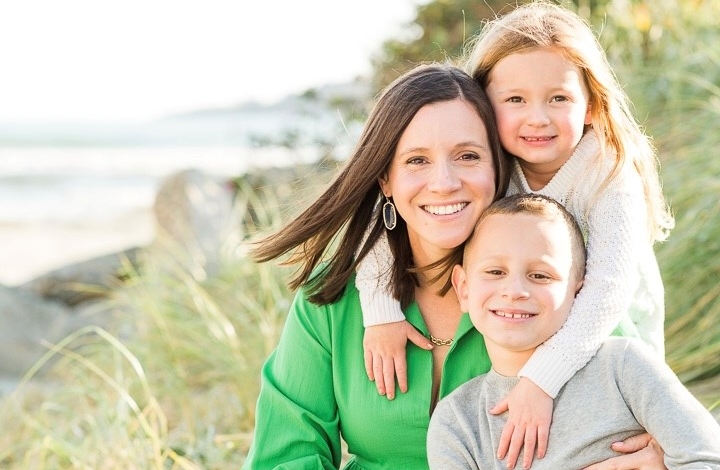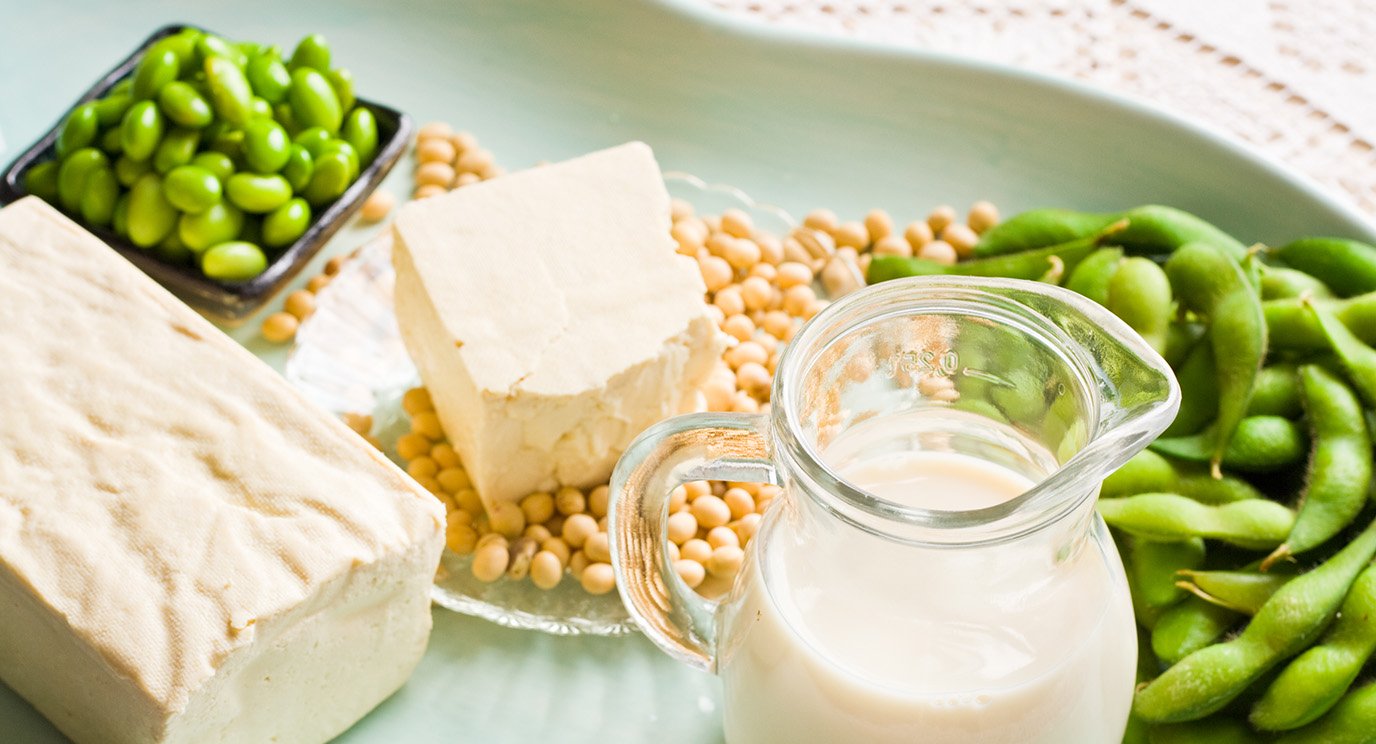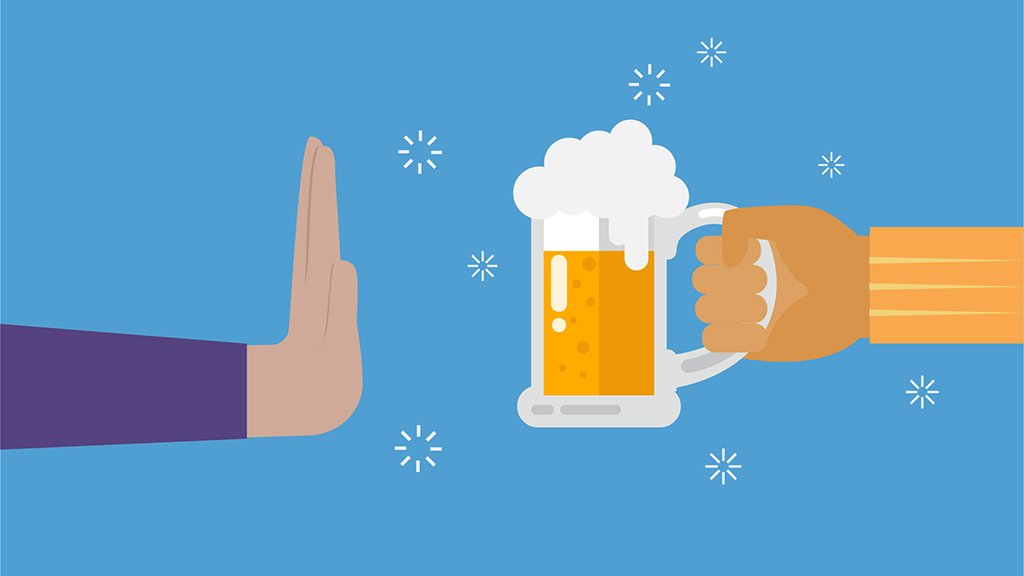- Diseases
- Acoustic Neuroma (14)
- Adrenal Gland Tumor (24)
- Anal Cancer (66)
- Anemia (2)
- Appendix Cancer (16)
- Bile Duct Cancer (28)
- Bladder Cancer (70)
- Brain Metastases (28)
- Brain Tumor (234)
- Breast Cancer (716)
- Breast Implant-Associated Anaplastic Large Cell Lymphoma (2)
- Cancer of Unknown Primary (4)
- Carcinoid Tumor (8)
- Cervical Cancer (158)
- Colon Cancer (166)
- Colorectal Cancer (106)
- Endocrine Tumor (4)
- Esophageal Cancer (38)
- Eye Cancer (36)
- Fallopian Tube Cancer (6)
- Germ Cell Tumor (4)
- Kidney Cancer (124)
- Leukemia (352)
- Liver Cancer (48)
- Lung Cancer (286)
- Lymphoma (286)
- Mesothelioma (12)
- Metastasis (30)
- Multiple Myeloma (104)
- Myelodysplastic Syndrome (64)
- Myeloproliferative Neoplasm (4)
- Neuroendocrine Tumors (16)
- Oral Cancer (102)
- Ovarian Cancer (166)
- Pancreatic Cancer (174)
- Parathyroid Disease (2)
- Penile Cancer (16)
- Pituitary Tumor (6)
- Prostate Cancer (144)
- Rectal Cancer (58)
- Renal Medullary Carcinoma (6)
- Salivary Gland Cancer (14)
- Sarcoma (230)
- Skin Cancer (294)
- Skull Base Tumors (54)
- Spinal Tumor (12)
- Stomach Cancer (56)
- Testicular Cancer (28)
- Throat Cancer (90)
- Thymoma (6)
- Thyroid Cancer (98)
- Tonsil Cancer (30)
- Uterine Cancer (78)
- Vaginal Cancer (14)
- Vulvar Cancer (18)
- Cancer Topic
- Adolescent and Young Adult Cancer Issues (20)
- Advance Care Planning (8)
- Advance Directives (4)
- Biostatistics (2)
- Blood Donation (14)
- Bone Health (8)
- COVID-19 (362)
- Cancer Recurrence (120)
- Childhood Cancer Issues (120)
- Clinical Trials (624)
- Complementary Integrative Medicine (20)
- Cytogenetics (2)
- DNA Methylation (4)
- Diagnosis (216)
- Epigenetics (6)
- Fertility (62)
- Follow-up Guidelines (2)
- Health Disparities (12)
- Hereditary Cancer Syndromes (122)
- Immunology (18)
- Li-Fraumeni Syndrome (8)
- Mental Health (114)
- Molecular Diagnostics (8)
- Pain Management (64)
- Palliative Care (8)
- Pathology (10)
- Physical Therapy (18)
- Pregnancy (18)
- Prevention (842)
- Research (398)
- Second Opinion (76)
- Sexuality (16)
- Side Effects (592)
- Sleep Disorders (10)
- Stem Cell Transplantation Cellular Therapy (216)
- Support (402)
- Survivorship (316)
- Symptoms (180)
- Treatment (1746)
Man in Pink: My last chemotherapy treatment
4 minute read | Published February 25, 2013
Medically Reviewed | Last reviewed by an MD Anderson Cancer Center medical professional on February 25, 2013
This past week I reached a major milestone in my male breast cancer treatment - my last chemo, certainly for now and hopefully forever.
It was only my fourth FAC -- the drug combo of 5-fluorouracil, adriamycin and cyclophosphamide, which is the second phase of my male breast cancer treatment, following 11 cycles of taxol.
It was the last step in the chemotherapy part of my 142-day, 15-treatment male breast cancer journey that has left me tired, hairless, with feet that manage to be numb and sore at the same time, with unsightly finger nails. Yet, above all, I'm very happy to be done.
I think the biggest, happiest surprise was that I managed to get through this without severe nausea and next to no vomiting. These were the classic symptoms that I feared, especially having seen my wife, Irene, struggle with them 5 years ago, when she battled the same disease with the same treatments.
In between, the management of nausea has made significant progress. And, of course, individual experiences vary considerably.
We know that I tend to do better with the medications that control nausea and pain than Irene. In the days after FAC, I certainly steer away from food, living on diluted Gatorade before gradually returning with bland soups and crackers.
I mostly feel tired and a sense of moderate nausea. Overall, it feels like my whole system is knocked sideways and not much functions quite right.
Coping with chemotherapy's mental side effects
The worst part, particularly during the FAC phase, has been mental. There are two aspects. First, the feeling of profound disgust -- quite distinct from nausea -- that's the residue of exposing your body to what is essentially poison.
The first time I recall this feeling was when, as a much younger man and for reasons that are now mysterious to me, I drank an excess of vermouth. After I recovered from the acute effects, I was left with a profound sense of distaste, and the mere smell of vermouth, or even sight of a bottle, induced a shiver for quite some time.
As a biologist, I interpret this as the appropriate activity of a brain circuit designed to keep us away from things that make us feel ill, built by millions of years of evolution. Mine works pretty well - I have never touched vermouth since that day.
But with chemotherapy you can't do that, and this is where the second mental aspect comes in.
Internal battle
There's also an internal battle. Part of you realizes chemotherapy can save your life while you have to subdue the part that just wants to run in the opposite direction at the mere thought of it.
You have to collaborate in the poisoning of your body in order to get rid of the cancer.
For two weeks after my last FAC, the mere thought of chemotherapy triggered a pronounced wave of distaste in me. These feelings were so close; they seemed to be right there, next to me all day. I could reach out and touch them at will.
During those two weeks, I just couldn't imagine going back to the infusion unit, even just one more time. I had fantasies about just not showing up.
I was probing these thoughts constantly, like a loose tooth, and was relieved that they diminished noticeably in the last day or two before my last treatment.
Looking forward
A sense of challenge and determination replaced these thoughts, and I was able to imagine going back for that last treatment.
The distaste became much less apparent, and I was able to concentrate on what I would feel like in a couple of weeks. How good it will be to look back on this, with the emphasis on the looking back part.
It's good that FAC treatments are spaced three weeks apart. I know I needed that time, not just to let my blood counts recover, but also to let my mind forget just enough of what it was like to let me go back in there.
Oliver Bogler, Ph.D., is senior vice president of Academic Affairs and professor of neurosurgery research at MD Anderson. He was diagnosed with male breast cancer in Sept. 2012. Five years earlier, his wife, Irene Newsham, Ph.D., was diagnosed with breast cancer.

I think the biggest, happiest surprise was that I managed to get through this without severe nausea and next to no vomiting.
Oliver Bogler
Survivor and Researcher





